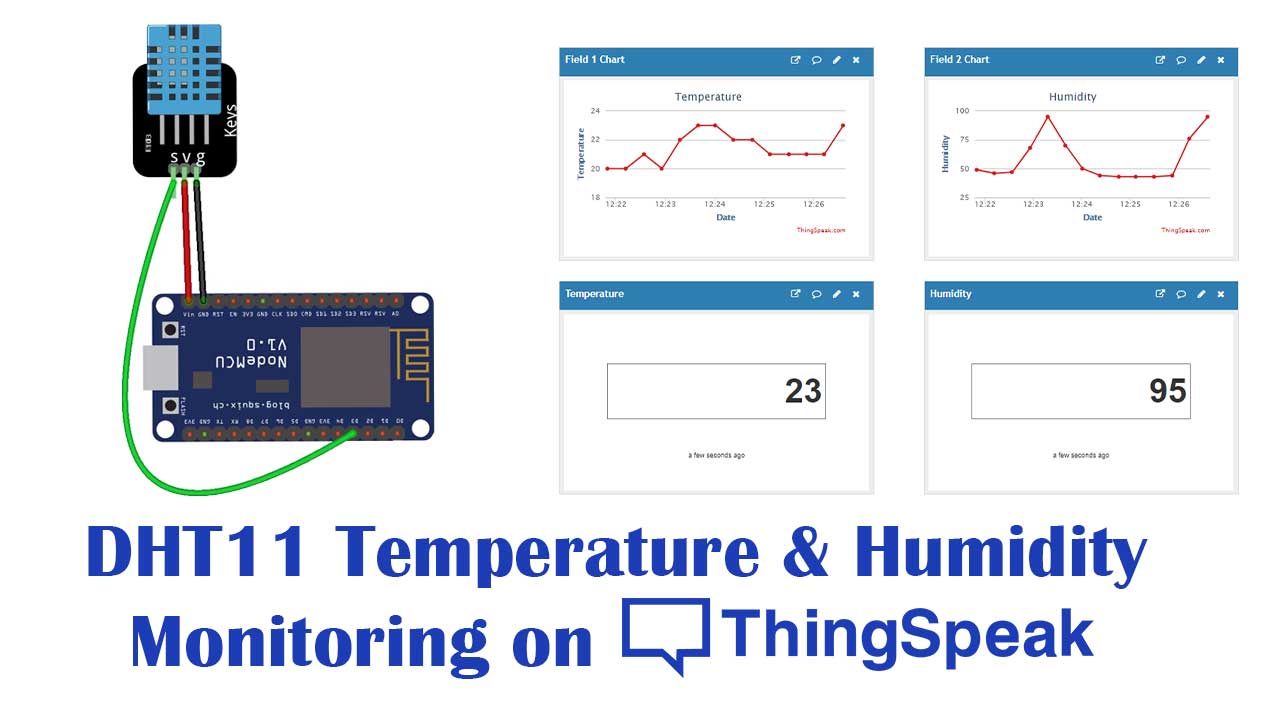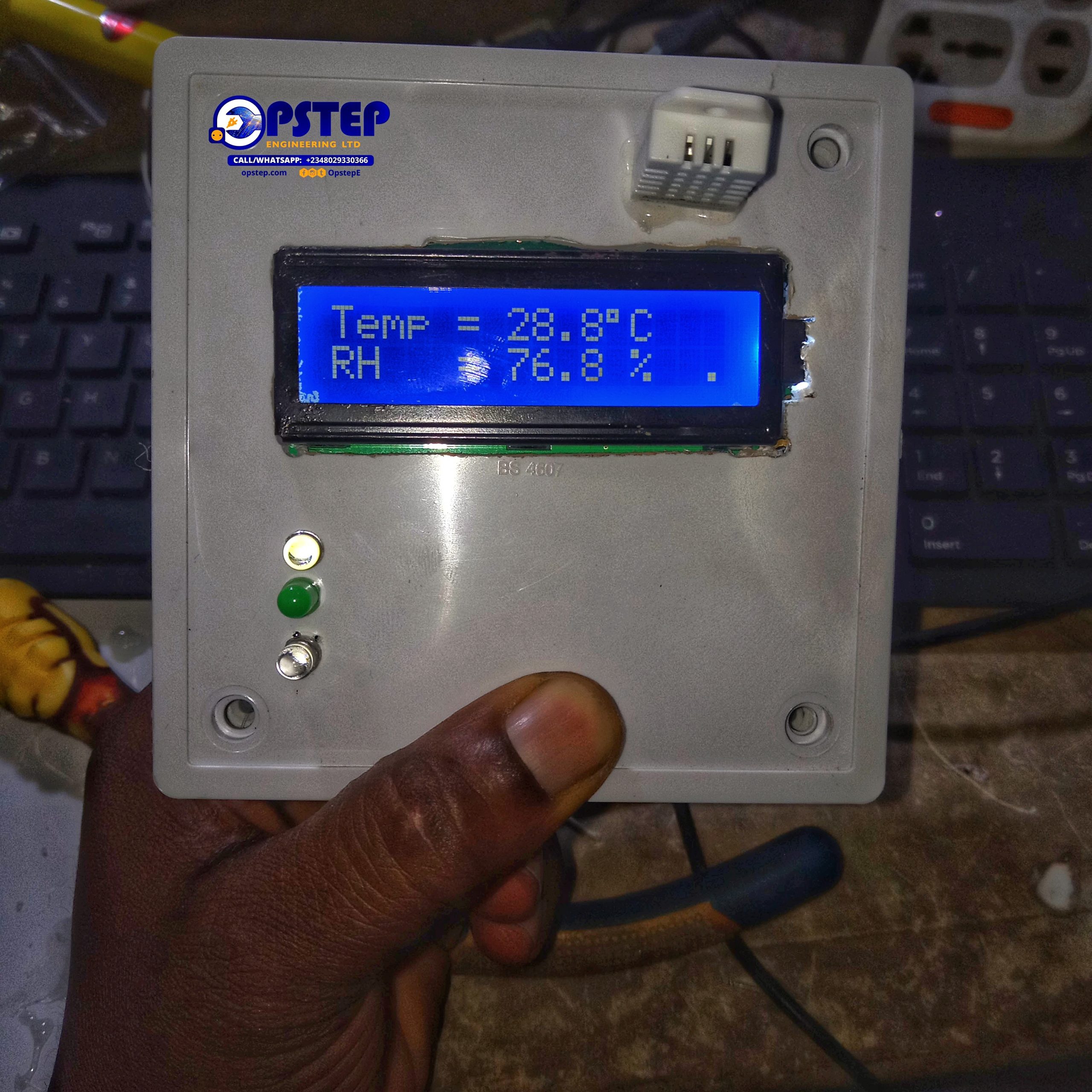Best & Humidity Monitoring Solutions Find Now!
Are you seeking a comprehensive understanding of environmental monitoring and its significance? The ability to accurately measure and manage environmental conditions, from temperature and humidity to air quality, is no longer a luxury but a necessity in today's world.
The quest for precise environmental control has spurred innovation across various sectors, from healthcare to manufacturing, ensuring optimal conditions for both products and people. In this exploration, we delve into the critical aspects of environmental monitoring, its applications, and the cutting-edge technologies that are shaping the future of this vital field.
We begin by addressing the fundamental need for this data and provide some of the most common applications of the technology:
- Room Management and Equipment Room Monitoring: In environments where precision is paramount, such as laboratories, data centers, or healthcare facilities, the effective management of temperature, humidity, and other environmental factors is crucial. This involves not only monitoring these variables but also having the capability to respond promptly to deviations from set parameters.
- Customer-Specific Solutions: Acknowledging the varied needs of different users, many systems allow for customization. Customers may choose to integrate their own software applications with monitoring devices or utilize the software that accompanies the hardware. This flexibility is vital for seamless integration into existing infrastructures.
- Environmental Monitoring in Homes and Public Spaces: The advancements in technology have resulted in consumer-friendly devices that are used in both homes and various public spaces. These devices provide real-time data and often have features such as weather forecasting and historical data logging.
- Industrial Applications: For applications where accuracy and reliability are essential, industrial-grade equipment is available. The transmitters are used to monitor critical parameters in challenging environments, the Modbus interface facilitates easy integration into large systems.
- Remote Monitoring Capabilities: Today's systems allow for remote access. Environmental conditions can be observed and regulated from anywhere. These systems frequently incorporate features such as data logging, alarm notification, and remote configuration capabilities.
Now, let's consider some of the specific technologies and products that are at the forefront of this technological evolution.
The technology in this field is constantly evolving, with numerous companies producing sophisticated, user-friendly devices. Here are some of the stand-out solutions:
- Wireless Weather Stations: Devices like the Newentor and Geevon weather stations offer a comprehensive overview of indoor and outdoor conditions. They typically include features such as temperature and humidity gauges, atomic clocks, weather forecasts, and barometers. These products emphasize ease of use and provide valuable data for both home and office settings.
- Industrial IoT Sensors: For more demanding applications, industrial IoT remote temperature and humidity sensors provide reliable and precise monitoring capabilities. These devices are designed to operate in harsh environments, delivering consistent data for critical applications.
- Data Loggers: Data loggers are a cornerstone of environmental monitoring. These are battery-operated recording devices that meticulously document environmental conditions over time. They are particularly useful in scenarios where continuous monitoring is crucial, such as in controlled environments, warehouses, and transportation of sensitive goods. The collected data is then downloaded to a PC for analysis and reporting.
- Specific Solutions: Products like the Vaisala CAB100, are designed for specialized applications, such as cleanroom monitoring. These systems provide highly accurate measurements of various parameters, ensuring stringent conditions are maintained.
As a practical note, the selection of the appropriate solution depends on the specific requirements of the application. Considerations include the scope of measurements needed, the accuracy and reliability of the equipment, ease of use, and the integration capabilities with existing systems.
In summary, environmental monitoring is a crucial field. This technology is essential for maintaining optimal conditions in diverse environments, from the home to the most advanced industrial settings. The continuous advancement in technology, coupled with a growing awareness of environmental factors, ensures that this area will continue to evolve and become more sophisticated, offering increasingly precise and user-friendly solutions.
Here is a comparison table of some of the best weather stations available today:
| Feature | Newentor Weather Station | Geevon Weather Station | Thermopro TP49 | Industrial IoT Remote Sensor |
|---|---|---|---|---|
| Primary Function | Indoor/Outdoor Weather Monitoring | Indoor/Outdoor Weather Monitoring | Indoor Thermometer/Hygrometer | Remote Temperature & Humidity Monitoring |
| Key Metrics | Temperature, Humidity, Barometer, Forecast, Time | Temperature, Humidity, Comfort Indicator | Temperature, Humidity | Temperature, Humidity, Differential Pressure (and more) |
| Connectivity | Wireless | Wireless, USB Charging Port | Wireless | Remote (via Ethernet/RS485/Bacnet) |
| Display | 7.5" Color Display | Large Color Display | Mini Digital Display | Not specified (likely integrated) |
| Additional Features | Atomic Clock | Adjustable Backlight | Amazon's Choice | Data Logging, Remote Configuration |
| Target Users | Home users, weather enthusiasts | Home users, comfort seekers | Home users, small spaces | Industrial, commercial, scientific |
The choice of a system will inevitably depend on the user's specific needs and objectives. It is always a good idea to read reviews of each product, check the specifications carefully, and make sure it will integrate well with your existing systems.


